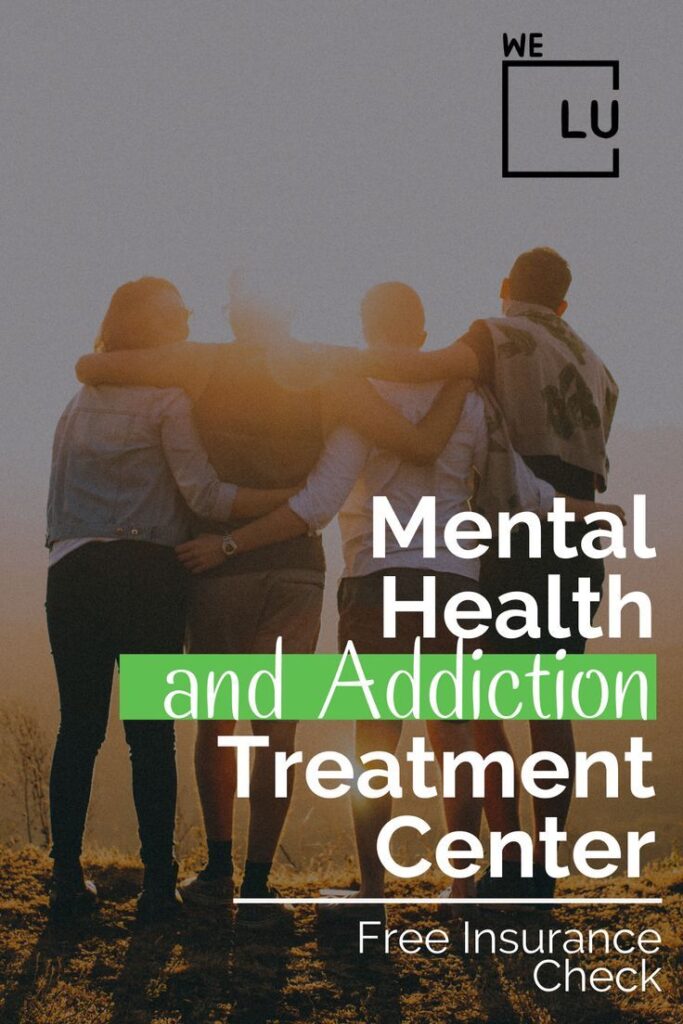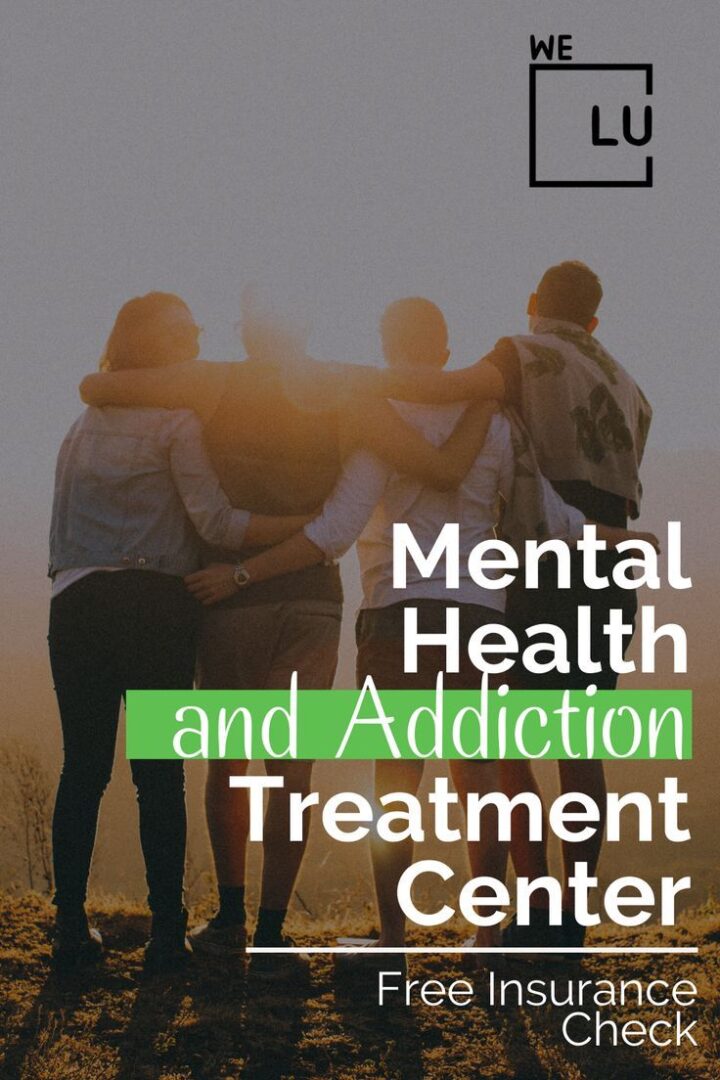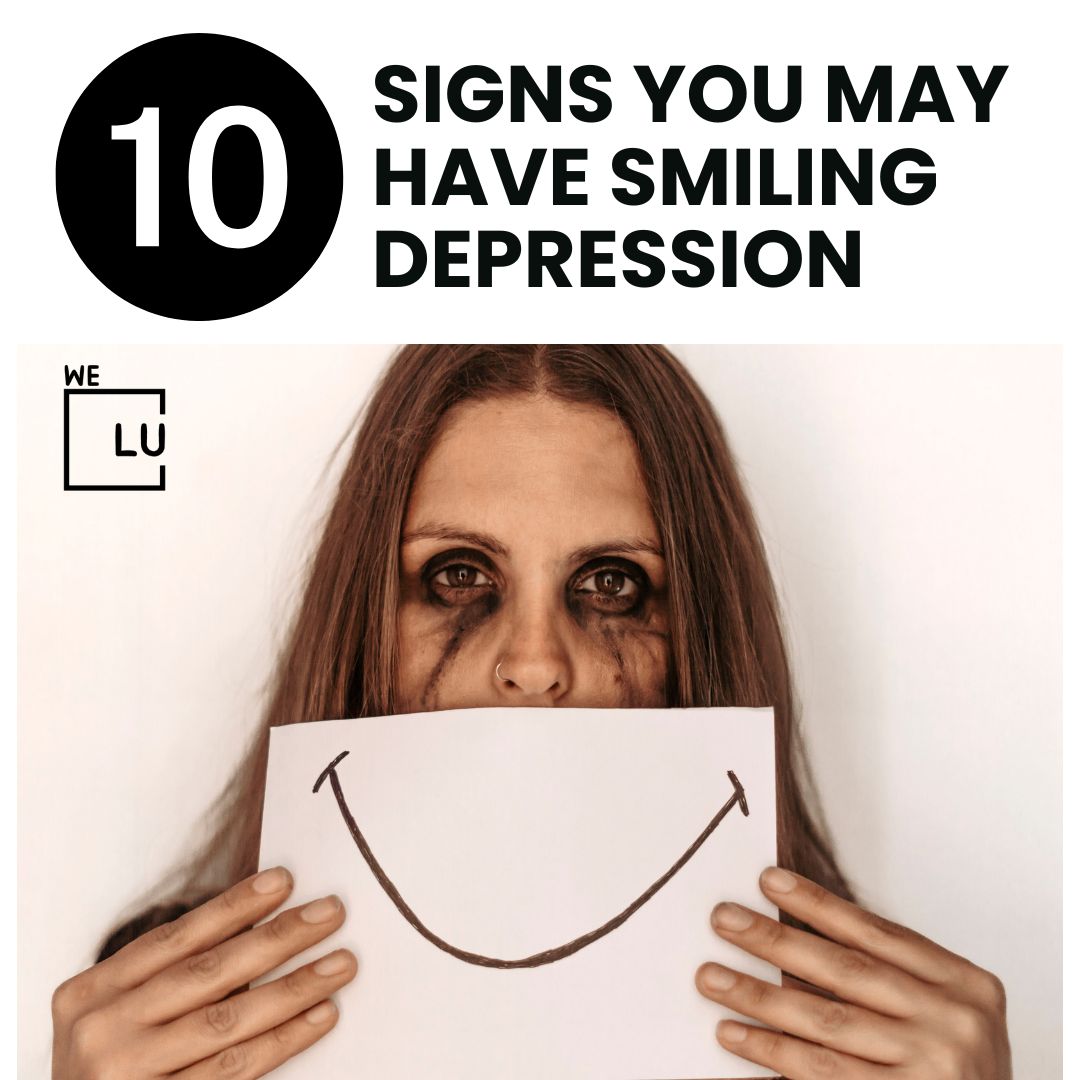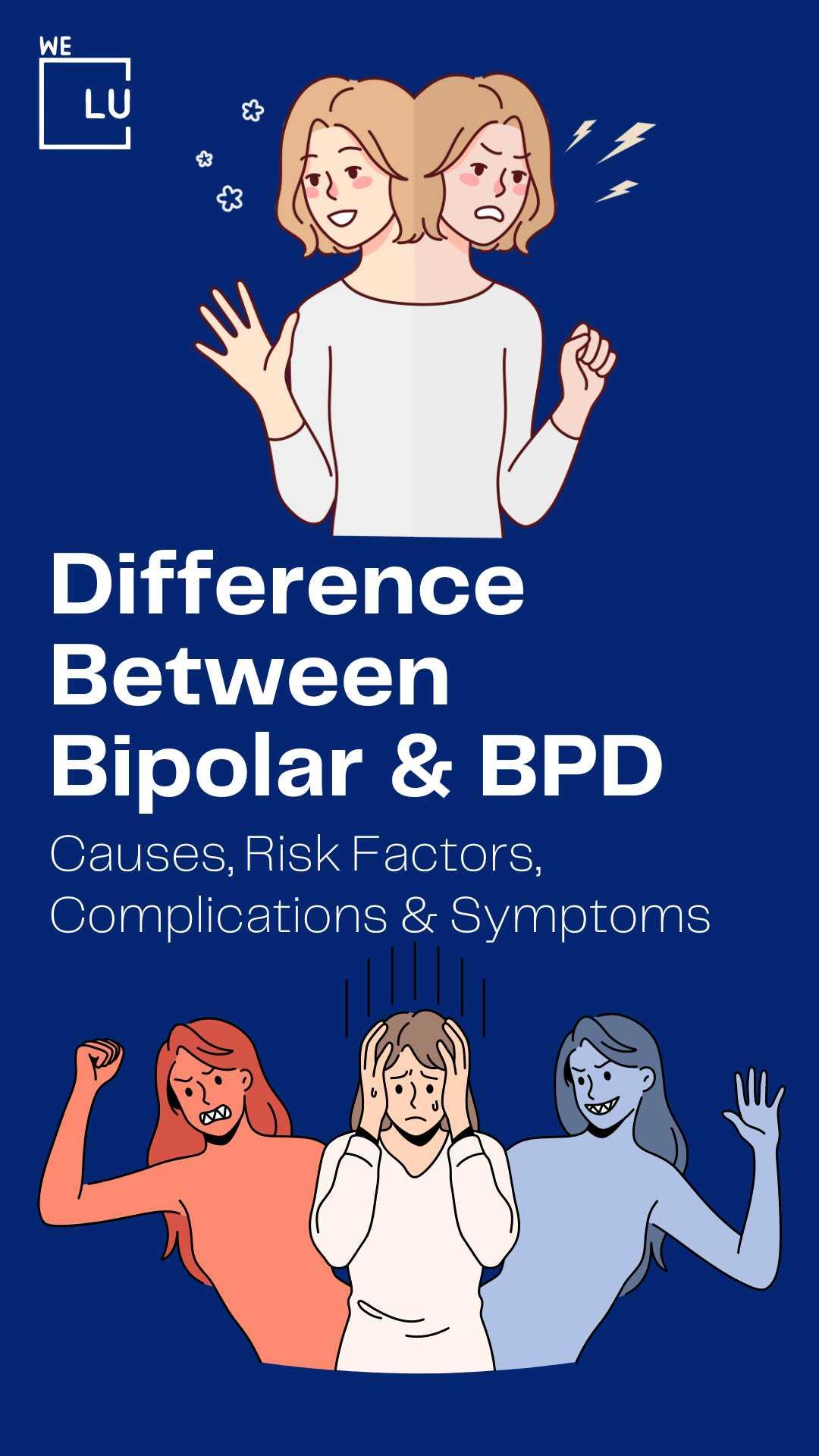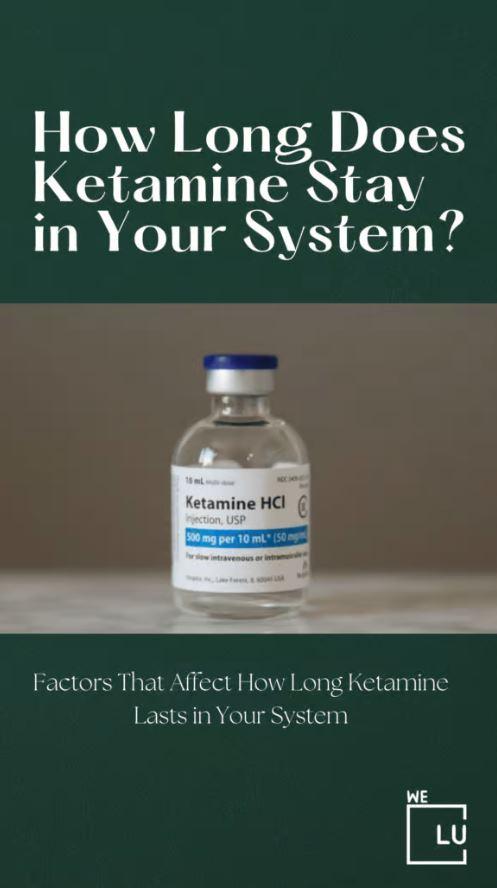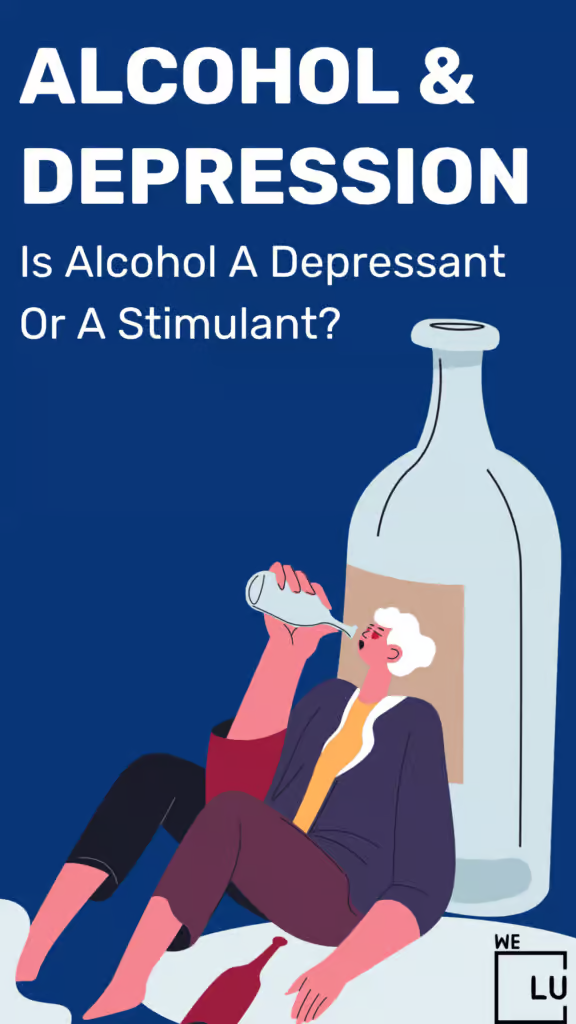What is Bipolar Depression?
Depression in bipolar disorder patients presents significant clinical challenges. Depression is correlated not only with excess morbidity but also mortality from co-occurring general-medical disorders and high suicide risk.
Between 25% and 60% of individuals with bipolar disorder will attempt suicide at least once in their lives. [1] This is according to research published by the National Center for Biotechnology Information. (NCBI)
Moreover, misusing drugs and alcohol often makes the symptoms of bipolar disorder worse. Individuals with no history of mental health conditions may also develop bipolar disorder and depression as a result of drug abuse.
Depressive disorders are strongly linked with instances of drug and alcohol use disorders. Helping clients with both addiction and depression is a vital segment of the We Level Up Texas inpatient dual diagnosis treatment center. Reclaim your life today! Call us 24/7 for a free consultation.
Bipolar vs Depression
The symptoms of bipolar disorder might be confused with those of other illnesses, such as depression or psychosis, making a diagnosis difficult. This is because some people may not exhibit manic or hypomanic symptoms during their initial severe depressive episode. Moreover, the diagnosis procedure for those with bipolar illness may be made more difficult by comorbid mental health issues, including anxiety disorders.
To determine if you are depressed, your doctor may do specific blood tests, evaluate your physical condition, converse with you about your thoughts and feelings, and look up the clinical criteria for depression. A persistent loss of interest in activities, profound grief, and hopelessness are characteristics of depression; melancholy, or sadness, is a common emotion that passes rapidly. Your everyday functioning, sleep quality, and eating habits may also be impacted.
In contrast, bipolar disorder is diagnosed when you have experienced episodes of the following:
- Depression.
- Mania (periods of over-active and high-energy behavior).
- Hypomania (milder version of mania).
- Mixed episodes (both depressive and manic symptoms).
- Euthymia (where the person is calm and happy.)
Bipolar Depression Symptoms
All of the signs of clinical depression may be present during a bipolar depression episode, including the following:
- Extreme mood swings.
- Persistent sadness or hopelessness.
- Loss of interest or pleasure in activities.
- Fatigue or loss of energy.
- Appetite or weight changes.
- Difficulty concentrating or making decisions.
- Feelings of guilt or worthlessness.
- Sleep disturbances (insomnia or hypersomnia).
- Restlessness or slowed behavior.
- Irritability or agitation.
- Suicidal thoughts or behaviors.
- Difficulty in maintaining relationships.
- Racing thoughts.
- Impaired judgment.
- Poor impulse control.
- Changes in activity levels.
- Feelings of emptiness.
- Social withdrawal.
- Physical symptoms without a clear cause (aches, pains).
- Difficulty in maintaining employment or academic performance.
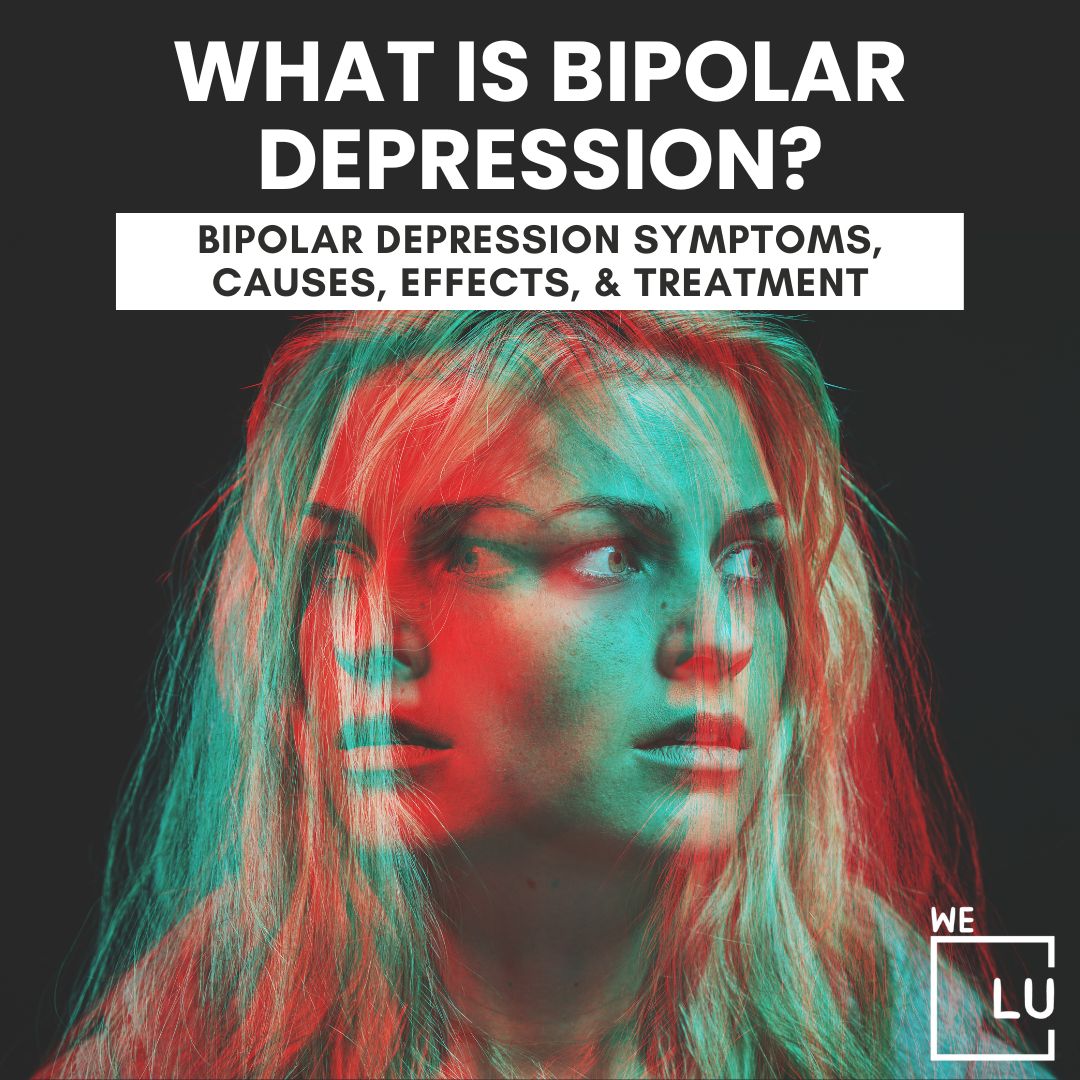
Skip To:
Learn More:
What Causes Bipolar Depression?
Several factors contribute to the risk of developing bipolar disorder, including biological differences in brain structure, a strong genetic influence, seasonal patterns with depressive episodes in winter and manic episodes in summer, and emotional factors such as relationship issues heightening the likelihood of depressive episodes.
Bipolar Depression Rapid Cycling
A few individuals with rapid cycling bipolar disorder alternate between periods of hypomania and major depressive disorder. Far more commonly, though, repeated and separate episodes of depression dominate the picture. Repeated episodes of depression are punctuated by periodic, shorter periods of elevated or normal mood.
Bipolar Depression Test
If you suspect you have bipolar disorder and may be experiencing an episode of depression, make an appointment with a mental healthcare provider such as a psychologist or psychiatrist.
The assessment process may involve:
- A detailed family and personal medical history.
- A clinical interview.
- Observations by your healthcare provider.
Bipolar Depression Prevention
To manage the condition and minimize the impact of mood swings, implementing a combination of the following strategies can help:
- Medication adherence.
- Regular therapy and counseling.
- Lifestyle modifications (e.g., sleep, exercise, and diet).
- Stress management techniques.
- Identifying and managing triggers.
- Building a solid support system.
- Monitoring mood changes.
- Early intervention strategies.
- Avoiding substance abuse.
- Psychoeducation and awareness.
If depression is disrupting your daily life functioning or if someone experiences depressive disorders, you can consult a healthcare professional to explore coping methods and treatment options. Relieving mental health conditions can be achieved through self-help, but when needed, psychotherapy and medication are the primary treatments for bipolar disorder.
It’s time to consult a mental health professional if your symptoms are constantly affecting your life, hinder daily activities, or include panic attacks.
Check your insurance coverage for mental health services, seek recommendations from your primary care doctor, or consult with We Level Up Texas rehab healthcare professionals. A thorough mental health examination determines opportunities for treatment. Meeting with mental health counselors and medical care providers means admission to behavioral therapy and medication treatment. Suitable treatment leads to change for better, more restorative living. This is all possible at our dual diagnosis rehab center in Texas.
If you’re struggling with depressive disorders and substance abuse, get resources about treatment counseling today. Start getting support with a free call to our mental health and addiction hotline.
Get Help. Get Better. Get Your Life Back.
Searching for Accredited Drug and Alcohol Rehab Centers Near You? We Level Up Texas Is Opening Soon!
Even if you have failed previously and relapsed, or are in the middle of a difficult crisis, we stand ready to support you. Our trusted behavioral health specialists will not give up on you. When you feel ready or just want someone to speak to about therapy alternatives to change your life call us. Even if we cannot assist you, we will lead you to wherever you can get support. There is no obligation. Call our network hotline today.
FREE Addiction Hotline – Call 24/7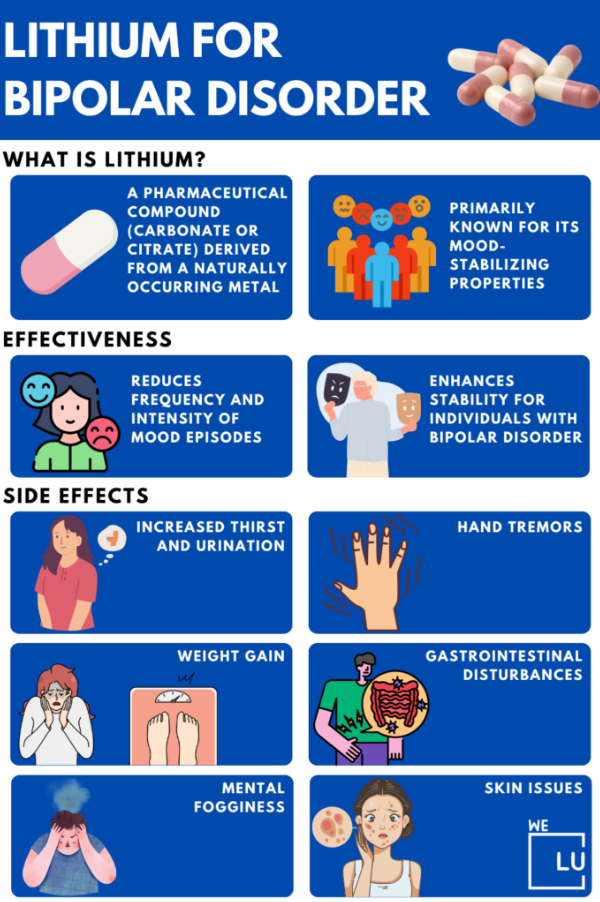
Treatment and Medication for Bipolar Depression
While you probably seek to live a life free from the bonds of drug use, it may be required for some patients to use their prescriptions for certain mental disorders. These prescriptions may be needed to improve the quality of your life and the chances of your long-term recovery. The most common medications are:
- Lithium.
- Lamotrigine.
- Valproate (Valproic acid or Divalproex).
- Carbamazepine.
- Atypical antipsychotics (e.g., Olanzapine, Quetiapine, Risperidone).
- Antidepressants (used cautiously in combination with mood stabilizers).
- Anticonvulsants (e.g., Topiramate).
- Antipsychotic/antidepressant combinations (e.g., Symbyax).
- Benzodiazepines (used for short-term anxiety or agitation relief).
Precautions with Bipolar Depression Medications
Close observation is essential, particularly in the first few weeks or when there are dose adjustments. It’s critical to get in touch with a doctor or seek emergency assistance if there are worries about worsening depression or strange behavior. It’s crucial to remember that antidepressants and some antipsychotics have a greater tendency to lower the risks of suicide over time by elevating mood. Still, the initial side effects might cause them.
Medication and psychotherapy are frequently used for the comprehensive treatment of bipolar disorder. The precise strategy may differ, but popular modalities include:
- Dialectical behavior therapy (DBT).
- Cognitive-behavioral therapy (CBT).
- Interpersonal and social rhythm therapy (IPSRT).
The benefits of psychotherapy with medications also include:
- Mood monitoring and awareness.
- Development of effective coping strategies.
- Improvement in medication adherence.
- Enhancement of communication and relationship skills.
- Identification and management of triggers.
- Goal setting for overall well-being.
- Education about bipolar disorder and treatment options.
- Prevention of relapses through early intervention.
- Support in building a solid social network.
- Promotion of stress management techniques.
Opening Soon! First-Class Facilities & Amenities
World-Class High-Quality Addiction & Mental Health Rehabilitation Treatment
Coming Soon! Rehab Centers TourRenowned Addiction Centers. Serene Private Facilities. Inpatient Rehab Programs Vary.
FREE Addiction Hotline – Call 24/7Proven recovery success experience, backed by a Team with History of:
- 15+ Years Experience
- 100s of 5-Star Reviews
- 10K+ Recovery Successes
- Low Patient to Therapist Ratio
- Onsite Medical Detox Center
- Comprehensive Dual-Diagnosis Treatment
- Complimentary Family & Alumni Programs
- Coaching, Recovery & Personal Development Events
We Level Up Texas Dual Diagnosis Treatment Center
Addiction and alcoholism often start as a way to cope with self-esteem issues and social status or as a form of self-medication. Some roots are situational, while others may be linked to brain imbalances. Acknowledging a mental health problem is a crucial step, leading to more effective treatment for concurrent addiction. Professional guidance is essential to identify underlying conditions, and dual diagnosis treatment typically involves detox and a focused residency program to equip individuals with tools for long-term recovery.
Many psychiatric disorders, like alcohol use disorder or drug addiction, are better treated when you fully understand what you are suffering from. Comprehending your bipolar depression, PTSD, anxiety, and other disorders and their consequences on you goes a long way to realizing your own treatment needs.
The healthcare professionals at We Level Up Texas inpatient bipolar depression treatment and dual diagnosis rehab believe that addressing both the underlying issues and addiction together boosts the chances of successful, relapse-free healing. Once we identify and start treating the mental health concerns tied to alcohol or drug dependency, it brings people closer to long-term sobriety.
Together, we will determine the client’s underlying issues, including bipolar depression, so that we can plan an individualized approach and, when applicable, provide integrated dual-diagnosis treatment. The symptoms of the multiple disorders that can occur alongside substance abuse can present complex and similar symptoms. Accurate diagnosis requires a highly trained professional team with years of experience.
Get a free rehab insurance check without any obligation.
Opening Soon! World-class, Accredited, Anticipated 5-Star Reviewed, Effective Addiction & Mental Health Programs. Complete Behavioral Health Inpatient Rehab, Detox plus Co-occuring Disorders Therapy.
FREE Addiction Hotline – Call 24/7End the Addiction Pain. End the Emotional Rollercoaster. Get Your Life Back. Start Drug, Alcohol & Dual Diagnosis Mental Health Treatment Now. Get Free No-obligation Guidance by Substance Abuse Specialists Who Understand Addiction & Mental Health Recovery & Know How to Help.
Living With Bipolar: How a Person with Bipolar Thinks | Informative Video
Start a New Life
Begin with a free call to an addiction & behavioral health treatment advisor. Learn more about our dual-diagnosis programs. The We Level Up treatment center network delivers recovery programs that vary by each treatment facility. Call to learn more.
- Personalized Care
- Caring Accountable Staff
- World-class Amenities
- Licensed & Accredited
- Renowned w/ 100s 5-Star Reviews
We’ll Call You
Search We Level Up Texas Bipolar Depression Treatment, Detox Topics, and Resources
Sources
- Dome P, Rihmer Z, Gonda X. Suicide Risk in Bipolar Disorder: A Brief Review. Medicina (Kaunas). 2019 Jul 24;55(8):403. Doi: 10.3390/medicina55080403. PMID: 31344941; PMCID: PMC6723289.
- Baldessarini RJ, Vázquez GH, Tondo L. Bipolar depression: a major unsolved challenge. Int J Bipolar Disorder. 2020 Jan 6;8(1):1. Doi: 10.1186/s40345-019-0160-1. PMID: 31903509; PMCID: PMC6943098. Related research for bipolar depressed; depression in bipolar; signs of bipolar depression; symptoms of bipolar depression; bipolar depression meaning; bipolar disorder depressed; bipolar depressive disorder; bipolar depression definition.
- Jain A, Mitra P. Bipolar Disorder. [Updated 2023 Feb 20]. In: StatPearls [Internet]. Treasure Island (FL): StatPearls Publishing; 2023 Jan-. Available from: https://www.ncbi.nlm.nih.gov/books/NBK558998/
- Is manic depression bipolar? Bipolar manic depression study: Shah N, Grover S, Rao GP. Clinical Practice Guidelines for Management of Bipolar Disorder. Indian J Psychiatry. 2017 Jan;59(Suppl 1): S51-S66. Doi: 10.4103/0019-5545.196974. PMID: 28216785; PMCID: PMC5310104.
- Testing for bipolar depression and manic depression vs bipolar: Culpepper L. The diagnosis and treatment of bipolar disorder: decision-making in primary care. Prim Care Companion CNS Disord. 2014;16(3):PCC.13r01609. Doi: 10.4088/PCC.13r01609. Epub 2014 Jun 19. PMID: 25317368; PMCID: PMC4195640.
- Bipolar Disorder – National Institute of Mental Health (NIMH)
- What is Bipolar Disorder? – Substance Abuse and Mental Health Services Administration (SAMHSA)
- Bipolar Disorder – MedlinePlus (.gov)
- Bipolar disorder: MedlinePlus Genetics (.gov)
- Management of Bipolar Disorder (BD) (2023) – Veterans Affairs (.gov)
- Belete H, Ali T, Legas G. Relapse and Clinical Characteristics of Patients with Bipolar Disorders in Central Ethiopia: A Cross-Sectional Study. Psychiatry J. 2020 Sep 28;2020:8986014. Doi: 10.1155/2020/8986014. PMID: 33062661; PMCID: PMC7539106.
